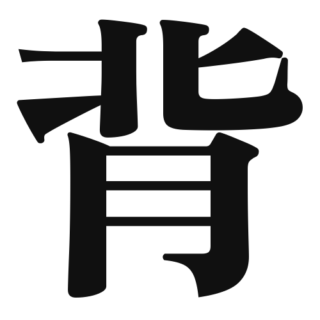 N3
N3 背
1. Overview of MeaningThe kanji "背" (pronounced "se" or "hai") primarily means "back" or "height." It can refer to the p...
 N3
N3  N2
N2 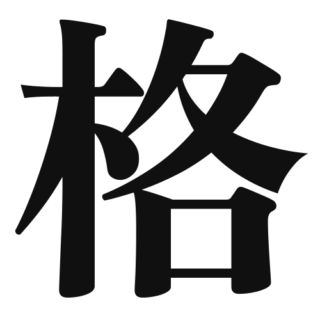 N3
N3 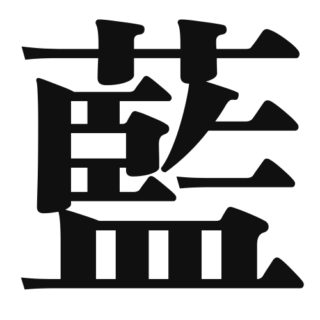 N1
N1 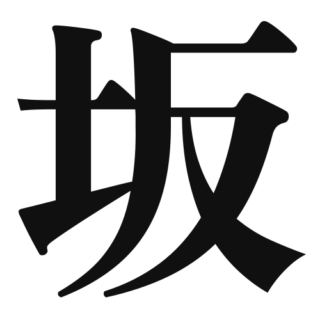 N2
N2 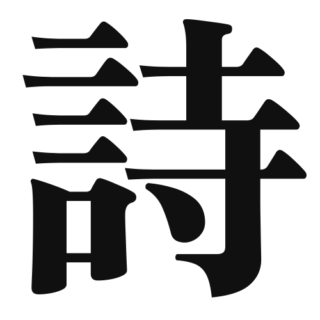 N1
N1 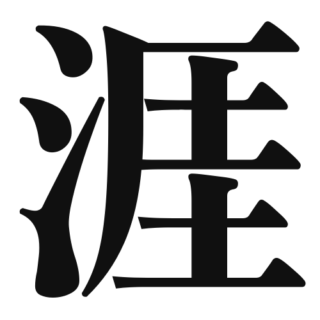 N1
N1 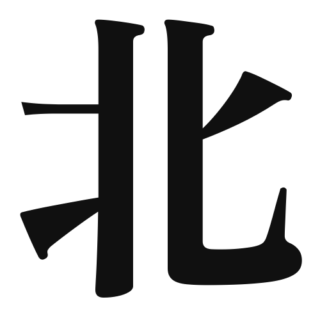 N5
N5 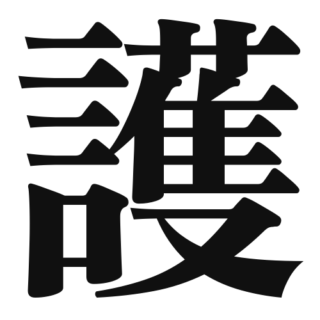 N1
N1  others
others